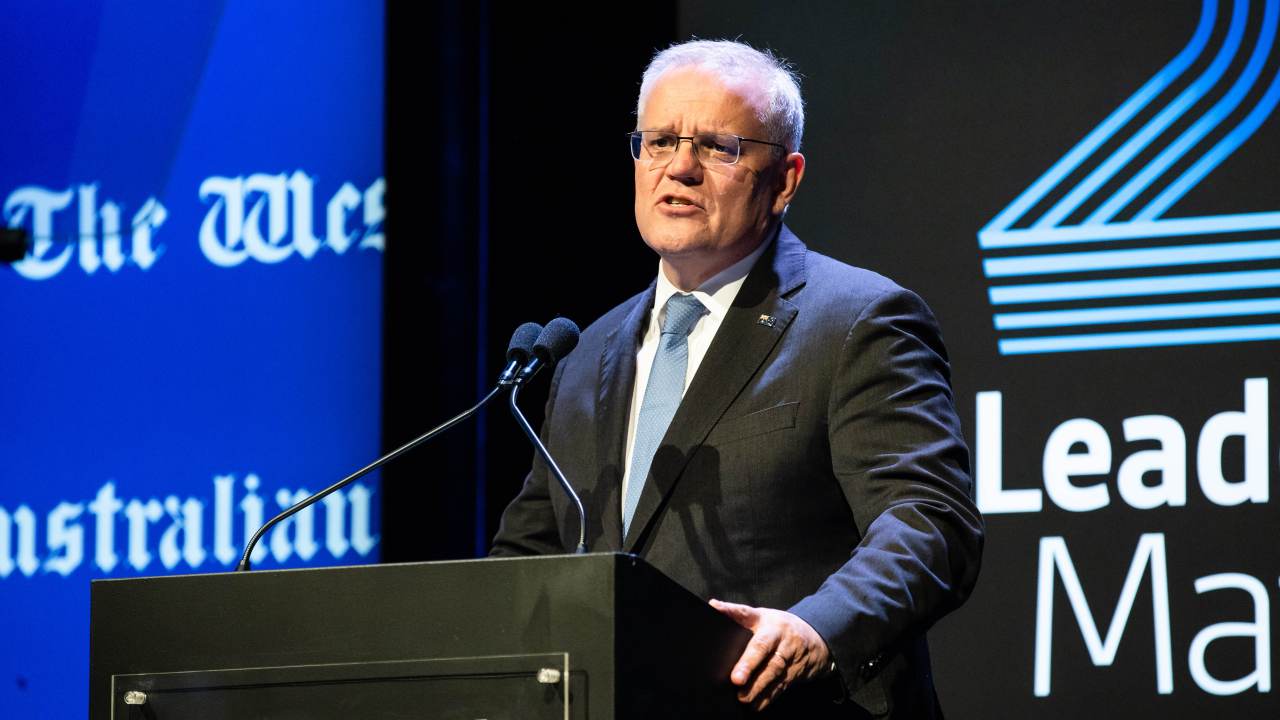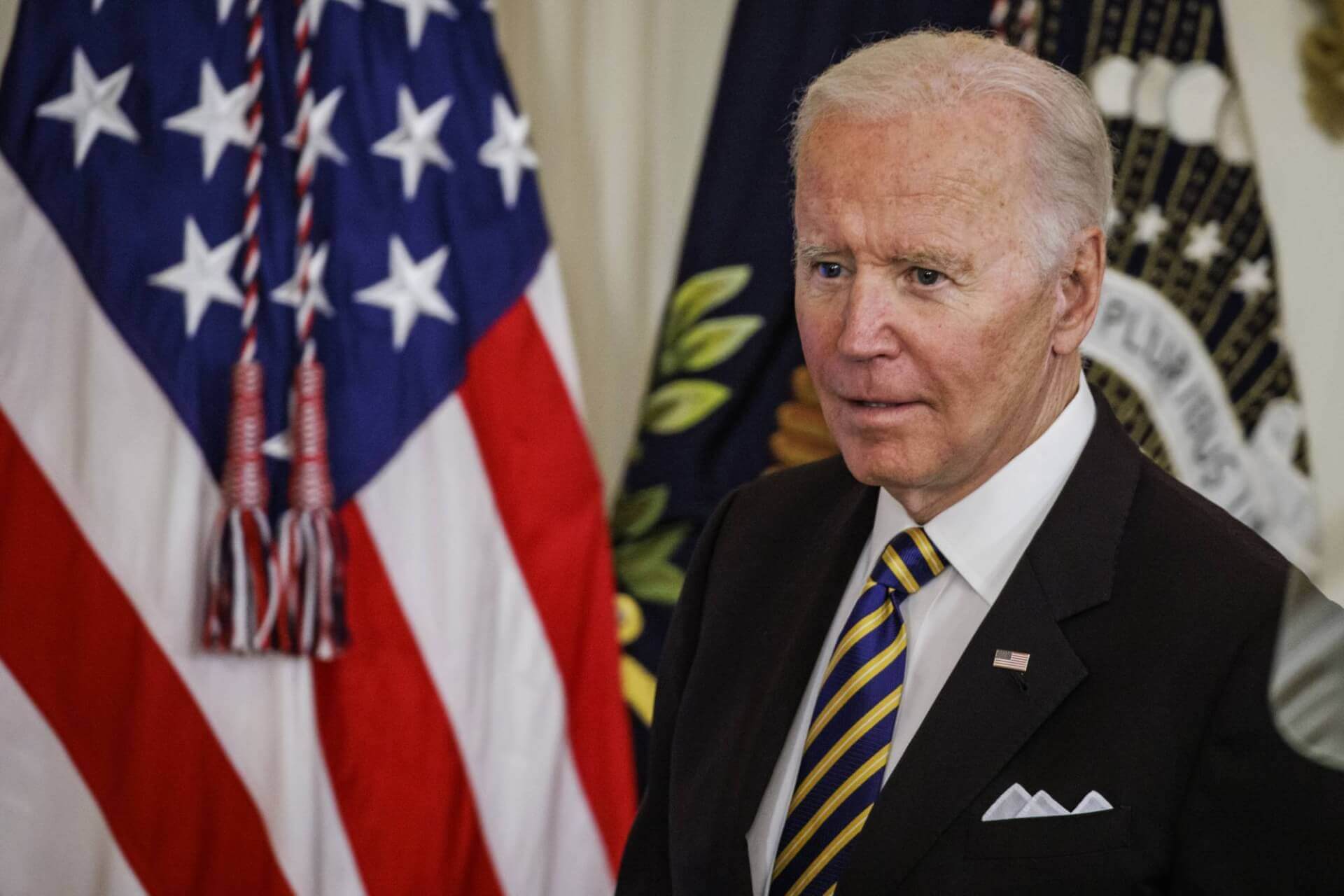South Asia
India will be sending trade officials to Morocco, Tunisia, Indonesia, Philippines, Thailand, Vietnam, Turkey, Algeria, and Lebanon to increase its wheat exports. It has set a target of exporting 10 million tonnes of wheat in 2022-2023, seeking to capitalise on the vacuum created by the Russia-Ukraine war.[Indian Ministry of Commerce & Industry]
The Maldives is witnessing widespread protests against former President Abdullah Yameen over allegations of misusing public funds for personal benefits during his tenure. His residence and the offices of the opposition Progressive Party of Maldives were vandalised. [Avas Maldives]
Central Asia and the Caucasus
Naghyz Atazhurt, a Kazakh group that advocates for the rights of ethnic Kazakhs detained in China’s Xinjiang province, announced on Thursday that it will create a political party. “We understood that the problems faced by ethnic Kazakhs abroad cannot be resolved unless real legal institutions, rule of law and justice, are established in Kazakhstan,” it stated. [RFE/RL]
The foreign ministers of Russia, Armenia, and Azerbaijan—Sergey Lavrov, Ararat Mirzoya, and Jeyhun Bayramov—met in Dushanbe on Thursday to discuss the Moscow-brokered ceasefire deal reached between Baku and Yerevan that ended the Nagorno-Karabakh war in 2020. The trio agreed on the need to unblock regional communications, establish a border security commission, and continue the Armenia-Azerbaijan normalisation talks. [Public Radio of Armenia]
East and Southeast Asia
On Thursday, the finance ministers and central bank governors of Japan, China, and South Korea warned of risks to Asia’s economic recovery from the COVID-19 pandemic. “We must remain on guard against heightening risks to which the regional economic recovery is being exposed... on top of the ongoing Russia-Ukraine conflict and earlier-than-expected monetary policy normalisation in some advanced nations,” they said. [The Straits Times]
Only hours after it confirmed its first case of the coronavirus since the beginning of the pandemic, North Korea fired three short-range ballistic missiles toward the sea on Thursday. South Korea and Japan released similar flight details following the test, noting that the weapons travelled about 350-360 kilometres at a maximum altitude of 90-100 kilometres. [AP]
Europe
The British Metropolitan Police recommended 100 more fines in their investigation into government officials’ attendance at multiple parties in 2020 and 2021 that were in clear violation of COVID-19 lockdown restrictions at the time. Last month, British Prime Minister Boris Johnson was fined for attending a gathering but refused to resign despite widespread calls for his ouster. [Reuters]
Finland’s President and Prime Minister, Sauli Niinistö and Sanna Marin, on Thursday said the country would seek to apply for North Atlantic Treaty Organisation (NATO) membership “without delay.” They said in a joint statement that “NATO membership would strengthen Finland’s security. As a member of NATO, Finland would strengthen the entire defence alliance.” Finland has previously been wary of joining the alliance due to the fear of retaliation from Russia. However, the war in Ukraine and increasing public support for the alliance have prompted the government to change its position. [Associated Press]
The European Union (EU) and Japan sought greater cooperation on sanctions against Russia and to restrict the consequences of the Russian aggression against Ukraine in the Indo-Pacific region during the 28th EU-Japan summit. Both sides also expressed concerns over China’s role in the war and its “no limits” friendship with Russia. Against this backdrop, the EU and Japan vowed to cooperate for a “free and open Indo-Pacific” amid China’s growing influence and military prowess in the region. [Euronews]
Latin America and the Caribbean
The Mexican finance ministry’s spokesperson has suggested that a presidential decree is likely to be enacted today to address inflationary pressures. President Andrés Manuel López Obrador is expected to modify import-export tariffs to bring down the record-high inflation rate of 7.68, which is well above the central bank’s acceptable limit of 3%. He also plans to increase food production. [Reuters]
Cuban President Miguel Díaz-Canel announced two days of mourning this weekend for a gas explosion at Havana’s Saratoga Hotel on May 6 that killed 45 people and severely wounded over 100. He said the incident has caused “deep pain.” [Prensa Latina]
Middle East and North Africa (MENA)
Tunisian President Kais Saied said on Thursday said that he will not allow foreign observers to monitor an upcoming referendum on constitutional changes. He said that there is no need for observers because Tunisia is “not an occupied country.” [Reuters]
France on Thursday condemned Iran for arresting two French citizens on charges of planning to cause “chaos, social disorder and instability.” Tehran accused the men of being French intelligence agents sent to Iran to take advantage of protests by teachers and workers. The Foreign Ministry said the French ambassador in Tehran has appealed to authorities to grant consular access to the nationals. “We demand the immediate release of these two French nationals and will continue to mobilise all our efforts for that purpose,” the Ministry said. [France Diplomacy, BBC]

North America
United States (US) President Joe Biden is considering a trip to the Korean peninsula’s Demilitarized Zone when he visits Japan and South Korea from May 20-24, White House press secretary Jen Psaki said on Thursday. Psaki also reiterated that Pyongyang could be ready to conduct a seventh nuclear test as early as this month. [The Straits Times]
The second Global COVID-19 Summit hosted virtually by the White House—along with the governments of Belize, Germany, Indonesia, and Senegal on Thursday—aimed to refocus world leaders’ attention on fighting COVID-19. Canada, the European Commission, as well as other participating nations pledged $2 billion to deliver COVID-19 vaccines and provide testing and treatment to low- and middle-income countries. [NPR]
Oceania
On Friday, New Zealand’s COVID-19 Response Minister, Chris Hipkins, announced new COVID-19 passes for anyone aged 12 or above from May 24. Although the country no longer legally requires vaccine passes, some businesses ask for them to ensure the safety of their patrons. The current passes have a validity of only six months and are nearing their expiry dates. [Newshub]
Australian Prime Minister Scott Morrison dismissed Chinese ambassador Xiao Qian’s claim that the Asian giant’s security deal with the Solomon Islands poses no threat to Australia. Morrison noted, “China’s interference in the Pacific was of great consequence,” adding, “I support Australia’s national interests, not the Chinese government’s view of what national interests are, whether it be in Australia or across the Pacific.” [The New Daily]
Sub-Saharan Africa
The National Institute for Communicable Diseases in South Africa reported 10,000+ COVID cases, a first since the country touched its peak infection rate during the fourth wave in January. A rising caseload has generated speculation that the country may be inching closer toward a fifth wave led by the BA.4 and BA.5 Omicron subvariants. This comes at a time when the pace of vaccinations has declined, with only 50% of the nation’s adult population fully vaccinated. [Reuters]
Deborah Samuel, a student at the Shehu Shagari College in Nigeria’s Sokoto state, was beaten and burned to death by her peers after she was accused of making a “blasphemous” social media post about Prophet Muhammad, local police said. State authorities have shut the school gates indefinitely and two students have been arrested in connection with the violence. The crime is indicative of the deep-seated religious fault lines in the most populous African nation, which is evenly divided between Christians in the south and Muslims in the north. [Associated Press]

